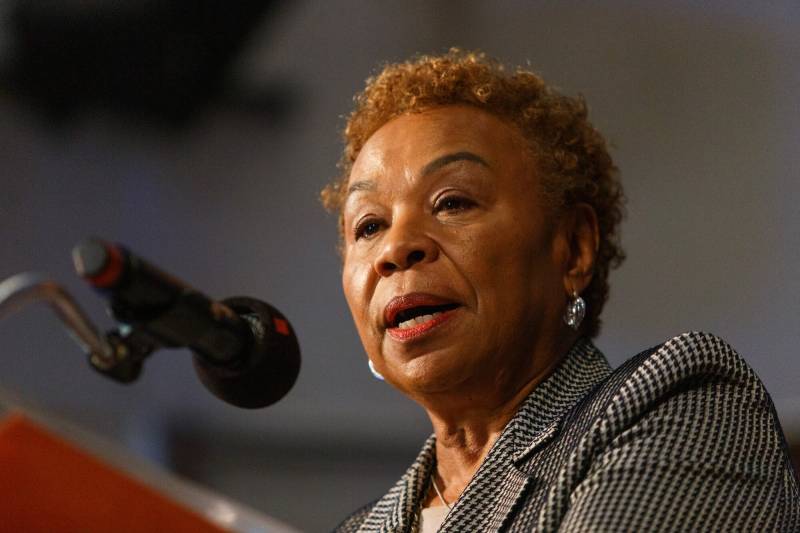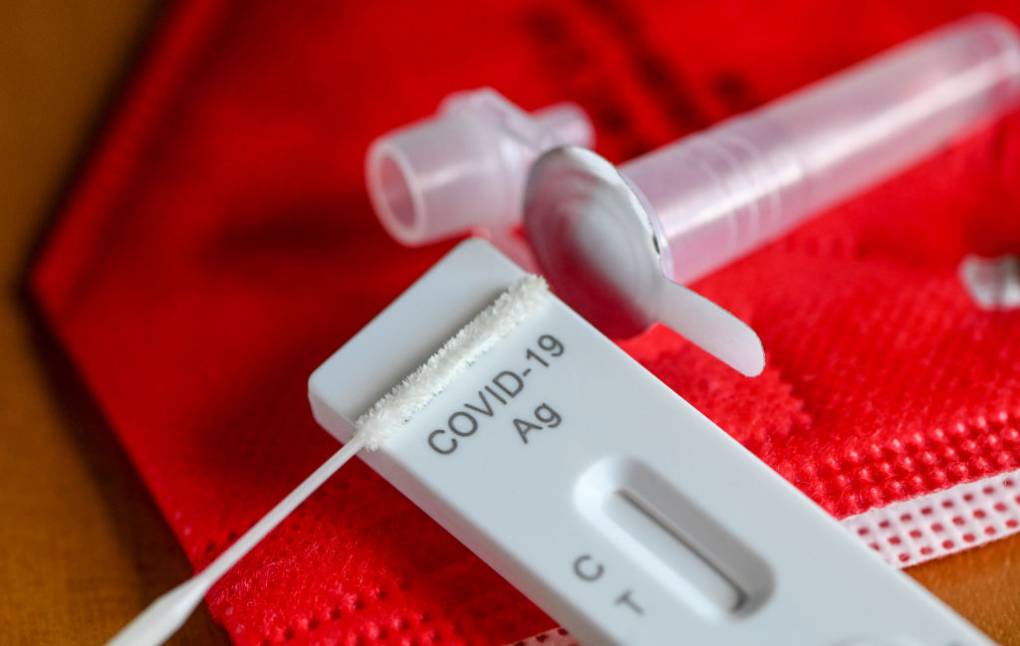Dr. Linda Geng, co-director of the Stanford Post-Acute COVID-19 Syndrome Clinic, said long COVID has become a “huge public health problem,” affecting millions of people in the United States long term.
Though physicians have an FDA-approved therapeutic toolkit for COVID-19, they currently have “minimal to no evidence-based strategies” to help those who have long COVID or who may develop it in the future, Geng said.
The Long COVID Research Moonshot Act would create a new research center within the National Institutes of Health to study the condition and other related illnesses, like ME/CFS and POTS. The center would house a new database tracking long COVID cases, an advisory board, and new grant processes to accelerate clinical trials, according to a report by Mother Jones.
The legislation would also fund public health education and clinics dedicated to long COVID care, especially in underserved communities — and would require any new treatments developed through the act to be reasonably priced and accessible to more patients.
The Bay Area’s Umoja Health, which serves the COVID-19 and health needs of people of color, was an early sponsor of the Sanders bill. Co-founder Kim Rhoads described how long COVID can transform patients’ lives and contribute to long-term disability.
“We’ve heard stories of folks who now have a hospital bed in their house where the family member who was affected by long COVID lives,” Rhoads said. “Folks who do not like to get out of bed, have burning feet and difficulty walking or have exertional malaise, which is basically a fatigue that can come over people after just doing simple things like cooking a meal.
Rhoads said the disease has largely been ignored or treated like a seasonal virus, such as the flu. “There are political reasons to deny that there are any long-term effects of COVID,” Rhoads said, “to allow for us to ‘get back to normal.’”
In her work, Rhoads has seen firsthand how communities of color and disabled people have been disproportionately harmed by long COVID. Historically marginalized groups are also on the frontlines of infections and suffer from the highest mortality rates.
Disabled people are twice as likely to contract long COVID as nondisabled people, said Sabrina Epstein, a policy analyst with Disability Rights California.
“This is deeply an equity and justice issue,” said Epstein, whose disability makes her at risk for long COVID. “The research proposed by this bill has the potential to benefit folks in the disability and chronic illness community.”
KQED’s Carly Severn contributed to this report.

